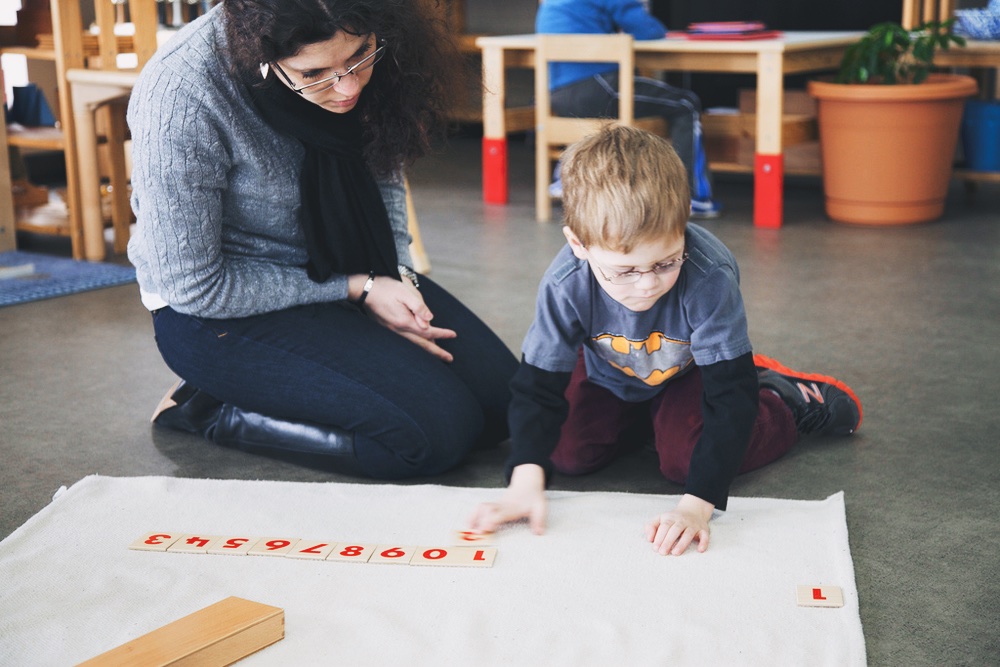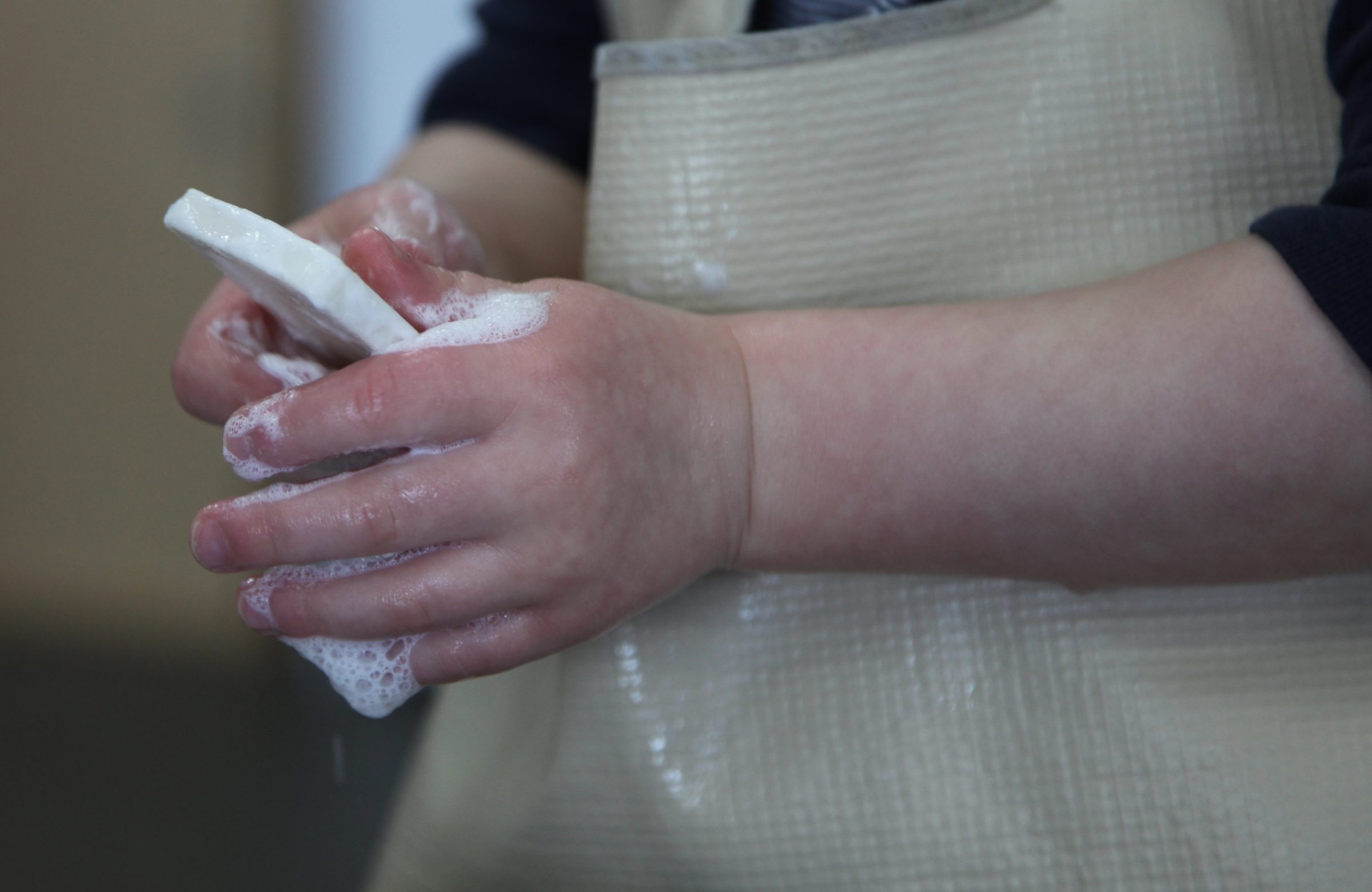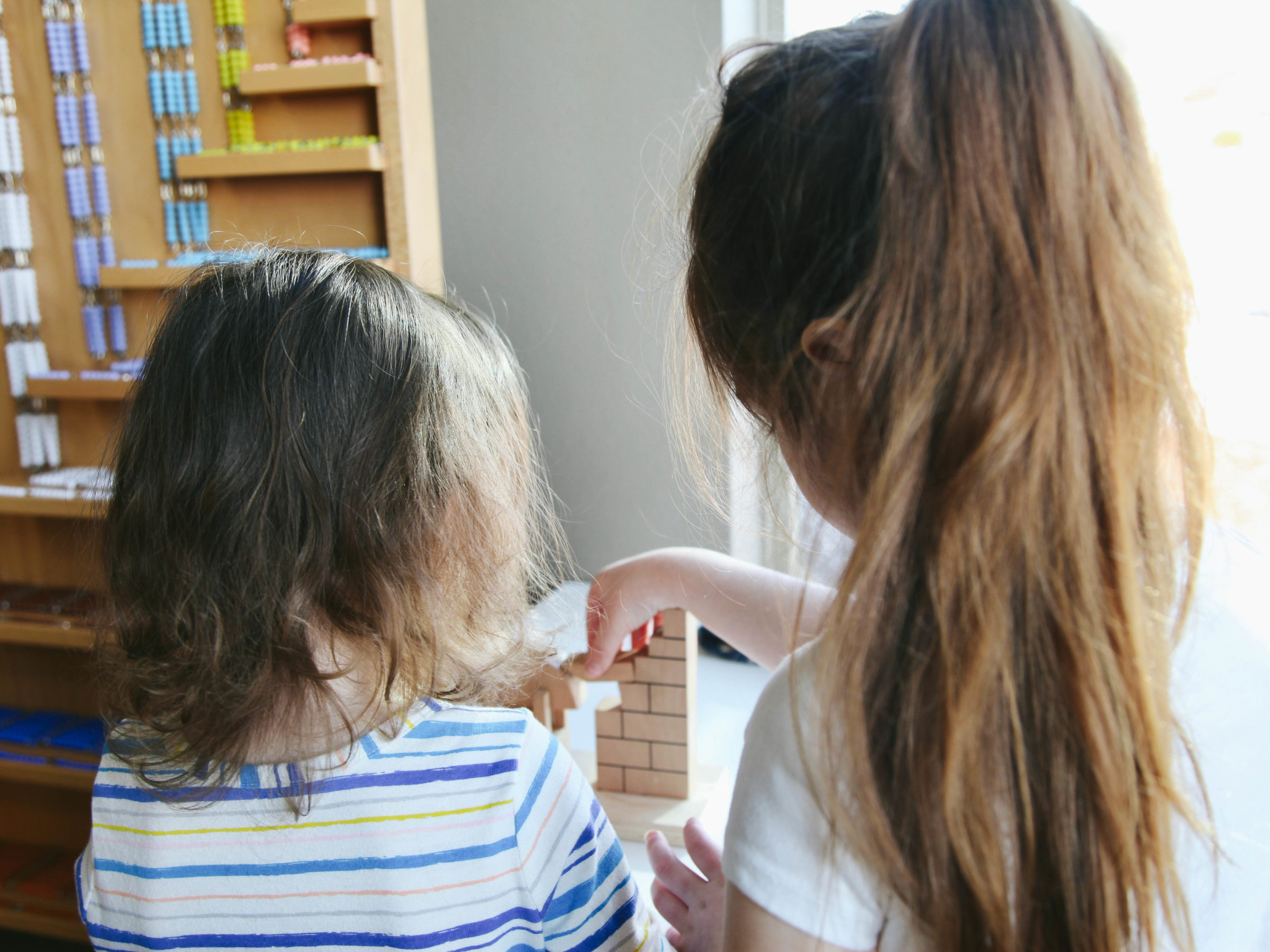Setting Expectations
Thoughts & Reflections
We recently had a wonderful conversation with a prospective parent on the value of one-on-one education. As this individual observed the classroom in action, an almost serendipitous encounter for anyone, and one we would highly recommend, a discussion coalesced around the role that the teacher plays in the Montessori environment.
Observing Ms. Wood present a new lesson to one of our four-year-old students, we were prompted to converse about the need to foster independence, and how that is, arguably, the primary task of Montessori guides. [We call them guides, instead of teachers, to denote that learning isn’t solely about instruction, but more about putting the child in touch with their own abilities.] Of course, from the conditions of that independence, beautiful things start to arise, such as concentration, confidence, and the joy of learning that accompanies completing a task on your own.
After Ms. Wood had presented the work, she confidently reassured the student that he could handle the challenge. Then, she gracefully, and with a certain tact, removed herself from the situation, leaving the student to the activity at hand. As Montessori writes, “Once the children’s interest has been aroused, the teacher withdraws into the background, and must be very careful not to interfere – absolutely not, in any way.”
As adults, we often have the tendency to want to interrupt, whether that is to praise or unnecessarily assist, but we must try our best to set a different set of expectations. Montessori, for her part, explains that “well-meant praise is enough to do damage; the child will not look at work again for weeks.” One of the most important things to keep in mind, then, is the type of environment that is created, one in which independence is allowed to flourish. Our observer was really impressed with this approach, commenting on how pleasantly surprised she was by this individual attention.
As we diligently observed Ms. Wood, she kept a careful, watchful eye on the progress of the student, taking note of his interactions as she looked on from across the room. If a child completes the task with ease, or has difficulty with aspects of the activity, or the activity itself, Ms. Wood will take note of these successes, or challenges. She will then address them next time she presents the work, whether to utilize the material to evaluate progress, or to reinforce the original presentation.
Interruption, whether praise or correction, disrupts the learning process. In such instances, the child is not allowed to make mistakes, or develop the confidence that only a sense of discovery and exploration can afford, in the moment. The challenge for the teacher is knowing the exact, individual level of each student, always keeping them right at the limit of their own abilities.
Setting expectations, as much for ourselves, as our students.
Written by:
Bobby George



